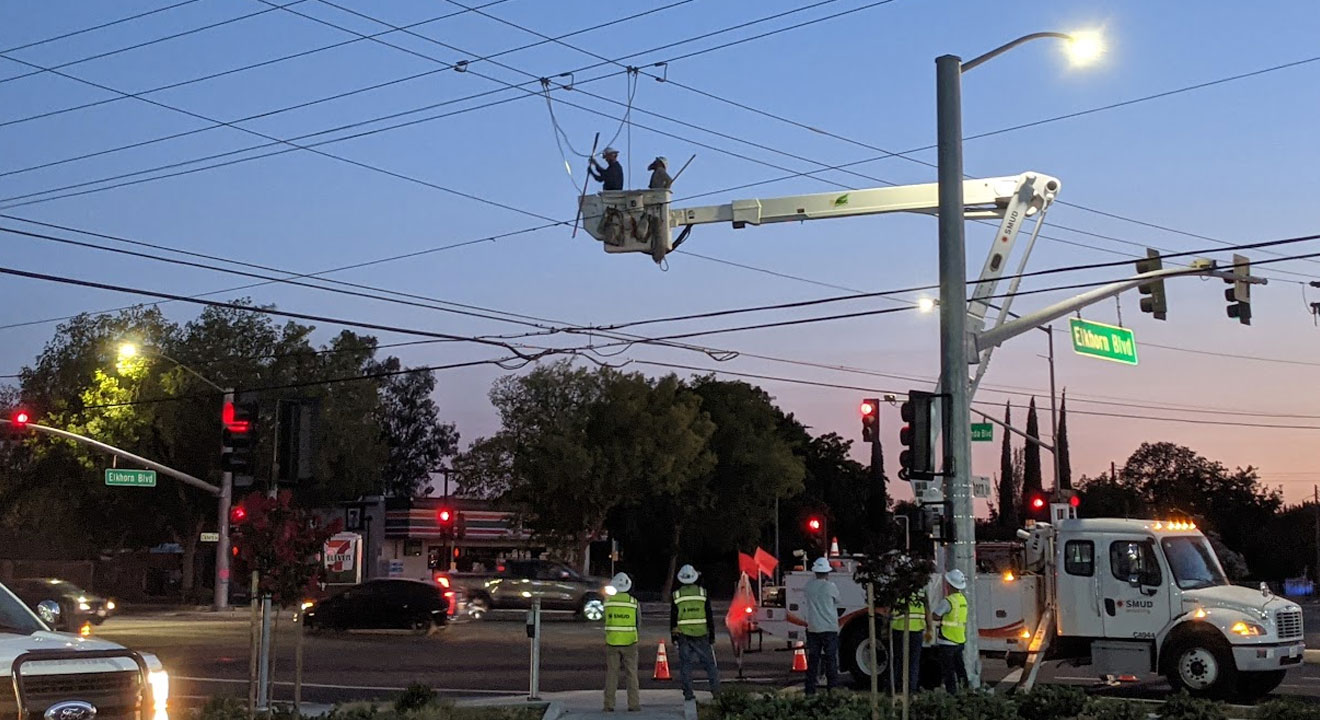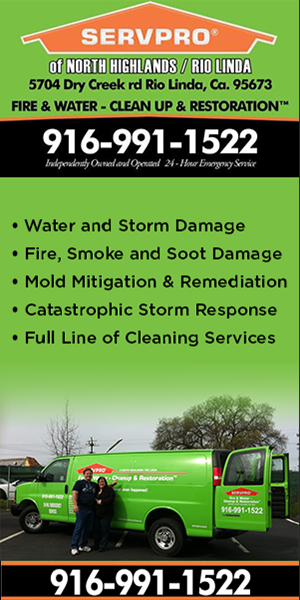Facts about COVID-19:
- As we have had more extensive experience with COVID-19, it is clear that a significant majority of those infected have no or only mild symptoms.
- With additional testing, the number of cases of COVID-19 are growing.
- The vast majority of these cases are now the result of community spread.
- Public health team efforts have been focused on identifying persons with COVID-19, separating them from others, and tracking down persons who were exposed to the infected person. This containment strategy helped to slow the introduction of the virus, but has to be redirected to address the larger number of cases in the region.
- Public health staff has shifted their efforts to community mitigation measures to slow the spread of COVID-19 and protect those who are most vulnerable to severe illness.
- Although community mitigation measures can be disruptive, these recommendations are to protect the public’s health.
In summary, Sacramento County public health officials direct, effectively immediately until further notice, the following:
- Workplaces:
- Workplaces and businesses should implement telecommuting and teleconferencing for their employees, where appropriate and feasible.
- Only those employees performing essential duties that cannot be performed by telecommuting should physically come to work
- Vulnerable Populations:
- Those aged 65 and older and/or those with chronic health conditions such as cardiovascular disease, cancer, heart disease, or lung diseases such as COPD, as well as those with severely weakened immune systems are at highest risk of complications.
- People at higher risk should stay home and away from gatherings of unrelated individuals
- Those in the vulnerable populations can go outside (to walk the dog, go on walks or go to the park) provided they are at least six feet from others
- This guidance exempts individuals who work in essential services, such as hospital and health care workers, pharmacists, peace officers, firefighters, the staff at skilled nursing facilities and residential care facilities for the elderly, and other essential workers.
- Less Vulnerable Populations:
- All those at lower risk should stay home to the maximum extent possible except when going to essential sites
- Essential sites include but are not limited to:
- Health Care Facilities
- Grocery stores
- Pharmacies
- Hardware stores/plumbers/electricians for emergency services
- Businesses that provide food, shelter and social services, and other necessities of life for economically disadvantaged or otherwise needy individuals
- Newspapers, television, radio and other media services
- Gas Stations and auto supply, auto repair and related facilities
- Banks and related financial institutions
- Plumbers, electricians, exterminators and others who provide services that are necessary to maintaining the safety, sanitation and essential operation of residences
- Airlines, taxis and other private transportation providers
- Food and Agricultural Processing
- Gathering Places:
- No gatherings in any formal setting
- All bars, wineries and brew-pubs should be closed
- All in-dining at restaurants should cease; take out and home delivery (with social distancing) may continue
- All gyms should be closed
- All bingo halls and card rooms should be closed
- Schools:
- All Sacramento schools are closed
- Sick Persons:
- Everyone should stay home if they are sick until they have had no fever, cough or other respiratory symptoms for at least 72 hours after symptoms resolve, or 7 days from when symptoms began, whichever is longer.
- Anyone who lives with someone who tests positive for COVID-19 should stay home for 14 days.
- Those with cold-like symptoms who can manage their symptoms at home with over-the-counter-drugs should do so, regardless of whether they have a cold, the flu, or COVID-19.
- If, however, difficulty breathing and lethargy develops, or symptoms were better and then got worse, they should call their healthcare provider, or urgent care center ahead so they can prepare to take care of them.
- People should only call 911 or go to an emergency department if they believe that they are extremely sick or their life is in imminent danger. Other emergencies are still occurring, and emergency resources must be available to address all of them, not just COVID-19
- Masks: Follow CDC’s recommendations for using a facemask.
- CDC does not recommend that people who are well wear a facemask to protect themselves from respiratory diseases, including COVID-19.
- Facemasks should be used by people who show symptoms of COVID-19 to help prevent the spread of the disease to others. The use of facemasks is also crucial for health workers and people who are taking care of someone in close settings (at home or in a healthcare facility).
For more information, visit the Sacramento County COVID-19 webpage.













